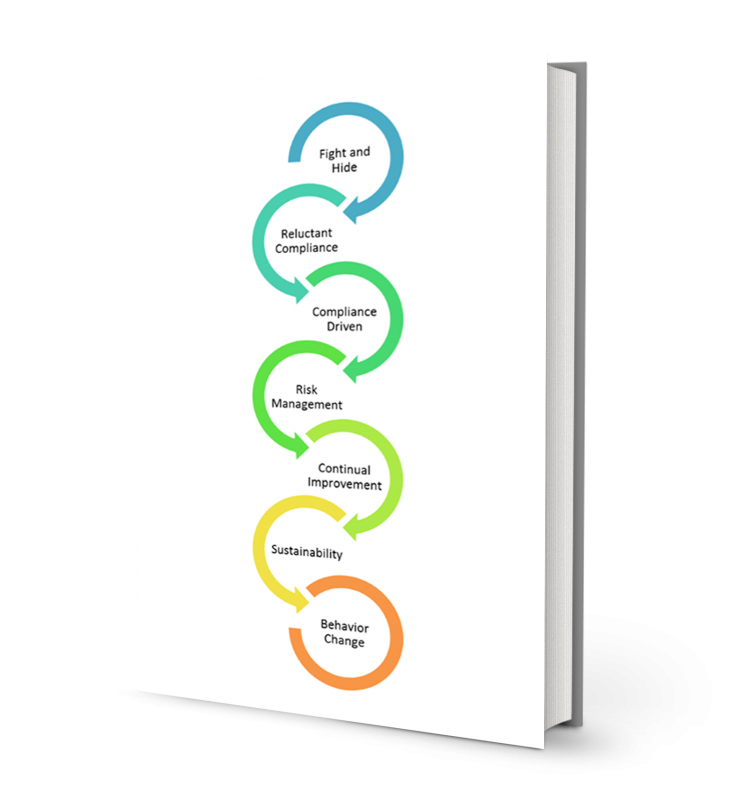CAUSES, CONSEQUENCIES AND COUNSELING STRATEGIES FOR CURBING PROCASTINATION AMONG SECONDARY SCHOOL STUDENTS IN EBONYI NORTH EDUCATION ZONE.
NWITE, PRINCESS CHIAMAKA
+2348128240694 Department Of Guidance And Counselling Faculty Of Education Nnamdi Azikiwe University, Akwa
EDNA, UZOEKWE HELEN
+2348032936196 he.uzoekwe@unizik.edu.ng Department Of Guidance And Counselling Faculty Of Education Nnamdi Azikiwe University, Awka
NKECHI, OFOJEBE
+2348039573856 en.ofojebe@unizik.edu.ng Department Of Guidance And Counselling Faculty Of Education Nnamdi Azikiwe University, Awka
GRACE, CHINYERE NNADI
+2348036693462 ge.nnadi@unizik.edu.ng Department Of Guidance And Counselling Faculty Of Education Nnamdi Azikiwe University, Akwa
The purpose of this study was to investigate the causes, consequences, and counseling strategies for curbing procrastination among secondary school students in Ebonyi North Education Zone, Ebonyi State, Nigeria. The research design adopted for this study was descriptive survey design. Three research questions guided the study. The population comprised 67 counselors in all the public secondary schools in Ebonyi North Education Zone. Researchers designed questionnaire was used for the data collected. The instrument was validated by three experts? one in measurement and evaluation and the remaining two from Guidance and Counseling all from the Faculty of Education, Nnamdi Azikiwe University, Akwa. All 67 copies of the questionnaire distributed were properly filled and returned to the researchers. The data collected for the study were analyzed using Arithmetic Mean. The findings revealed that distractions, fear of failure, forgetting, trauma, poor time management, too many commitments, lack of motivation and lack of belief in one?s ability are the causes of procrastination among secondary school students. They also agreed that the consequences of procrastination are depression, poor performance in examination, discontinuation of study, lowers student?s morale, anxiety, search for short cuts and poor study habit. The counselors also revealed the strategies for curbing procrastination among students as; self-reinforcement strategies, behavioral shaping skills, cognitive behavior therapy, emotional regulation skills and sharing problems with like-minded people. The study recommended among others that the government and non-governmental organizations should organize seminars on the consequences of procrastination on academic of students periodically.
Adebayo, N. (2017). Time management: Procrastination tendency in individual and Collaborative tasks, Retrieved from http://www.ijikm.org/volume5/IJIKMv5p115-125Gafni448.pdf414 Adeleyi, D.C. (2016). The investigation of high school and college students in general Academic procrastination and delay. Unpublished Master’s Thesis, Ankara University: Institute of Educational Sciences. Adeniyi, U. (2019). What are the Major disadvantages of procrastination? Retrieved from http://ezinearticles.com/?What-Are-The-Major-Disadvantages-of- Procrastination? &id=1087177. Ellis, A., and Knaus, W.J. (2017). Overcoming procrastination. New York, NY: Institute for Rational Living. Ferrari, B.E. (2021). Relationship among Perfectionism, Academic Procrastination, and life Satisfaction of University Students’. Procedia Social and Behavioral Sciences 5, 1665. Goode, U. (2018). Academic Procrastination and Self-handicapping: Gender, Journal for Economic Educators, 12 (1), 2021. Ihiegbulem, O.T. (2016). Correlates with Job Satisfaction among secondary school Principals in Imo State of Nigeria. Unpublished Doctoral Thesis, University of Port Harcourt, Nigeria. Irum, S.A. and Nawal, G.A. (2015). Prevalence, predictors, causes, treatments and implications of procrastination behaviors in general, academic and work setting. Journal of Educational Psychology, 87, 598-610. Kartadinata, A. R., & Sia. (2018). The Development of Academic Self-Efficacy scale for Filipino Junior High School Students, Frontiers in Education. Educational Psychology. 94
Unizik Journal of Education Graduate vol 9 August 2024 Kliener, F. (2018). Role conflict and academic procrastination: A self-determination Perspective, European Journal of Soc. Psychol., 33, 135-145. Nagesh, O., Shrudha, N., & Siddana, C. (2017). Examined the Relationship between Procrastination and Academic Performance among a group of Undergraduate Dental Students in India. Journal of Educational Psychology, 99 (1), 12-25. Offor, U.I., & Offiah , C. (2020). Challenges of COVID-19 Pandemic on Education in Nigeria Society; Role of Education in the Pandemic Period in Nigeria. Ikwo College of Education Printing Press. Oguzie, A.E., & Nwokolo, C.N. (2019). Effect of Cognitive Behavioral Therapy on Shyness Among Secondary School Students in Aboh Mbaise Local Government Area of Imo State. International Journal of Management, Social Sciences, peace and conflict Studies, 2 (2), 1-9. Shah,U. (2020). Ego-identity and Academic Procrastination among University Students. Journal of College Student Development, 36 (4), 361-367. Thomas, G. (2014). Facilitation of Intrinsic Motivation, Primary School Students. International Journal of Learning, Vol. 17, issue. 8, p. 173-186. Wilson, N.N. (2019). Investigated school counselors’ strategies for ameliorating procrastination Among teenagers in secondary school in Aba South Local Government Area of Abia State. National Journal of Educational Leadership 4 (1) 247-258.
Unizik Journal of Education Graduate vol 9 August 2024 Kliener, F. (2018). Role conflict and academic procrastination: A self-determination Perspective, European Journal of Soc. Psychol., 33, 135-145. Nagesh, O., Shrudha, N., & Siddana, C. (2017). Examined the Relationship between Procrastination and Academic Performance among a group of Undergraduate Dental Students in India. Journal of Educational Psychology, 99 (1), 12-25. Offor, U.I., & Offiah , C. (2020). Challenges of COVID-19 Pandemic on Education in Nigeria Society; Role of Education in the Pandemic Period in Nigeria. Ikwo College of Education Printing Press. Oguzie, A.E., & Nwokolo, C.N. (2019). Effect of Cognitive Behavioral Therapy on Shyness Among Secondary School Students in Aboh Mbaise Local Government Area of Imo State. International Journal of Management, Social Sciences, peace and conflict Studies, 2 (2), 1-9. Shah,U. (2020). Ego-identity and Academic Procrastination among University Students. Journal of College Student Development, 36 (4), 361-367. Thomas, G. (2014). Facilitation of Intrinsic Motivation, Primary School Students. International Journal of Learning, Vol. 17, issue. 8, p. 173-186. Wilson, N.N. (2019). Investigated school counselors’ strategies for ameliorating procrastination Among teenagers in secondary school in Aba South Local Government Area of Abia State. National Journal of Educational Leadership 4 (1) 247-258.

